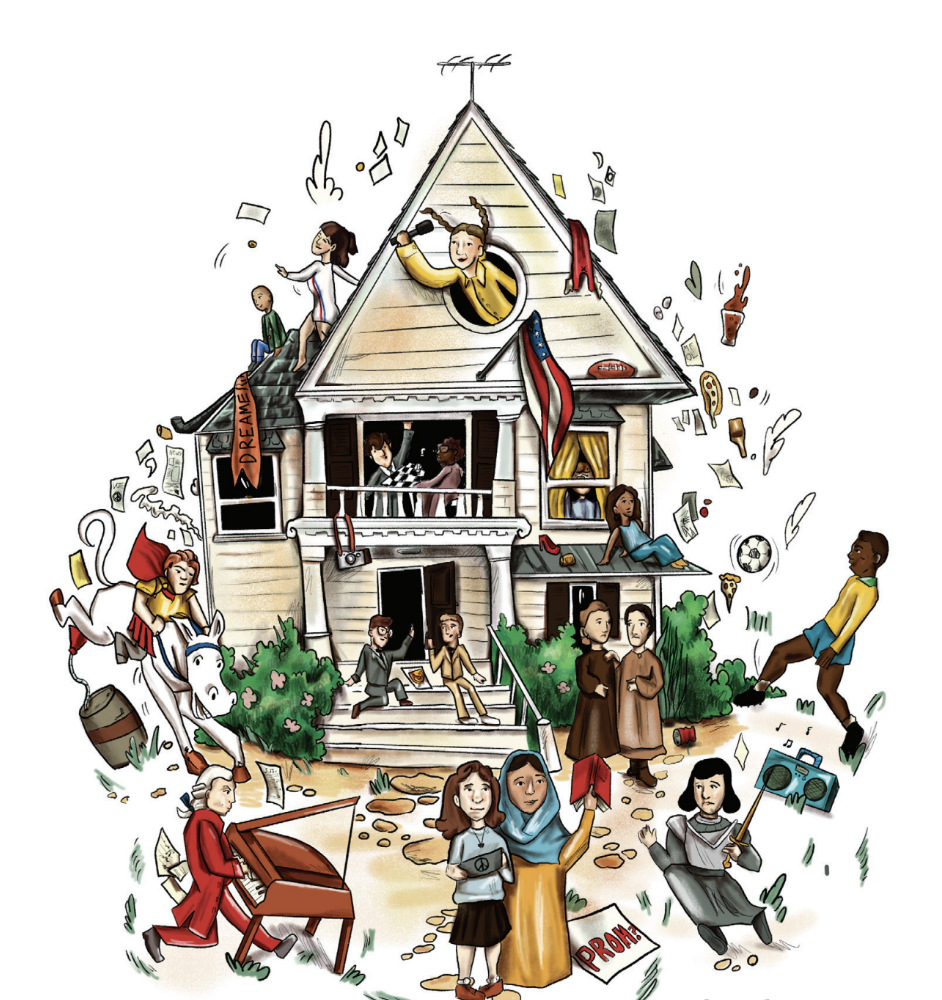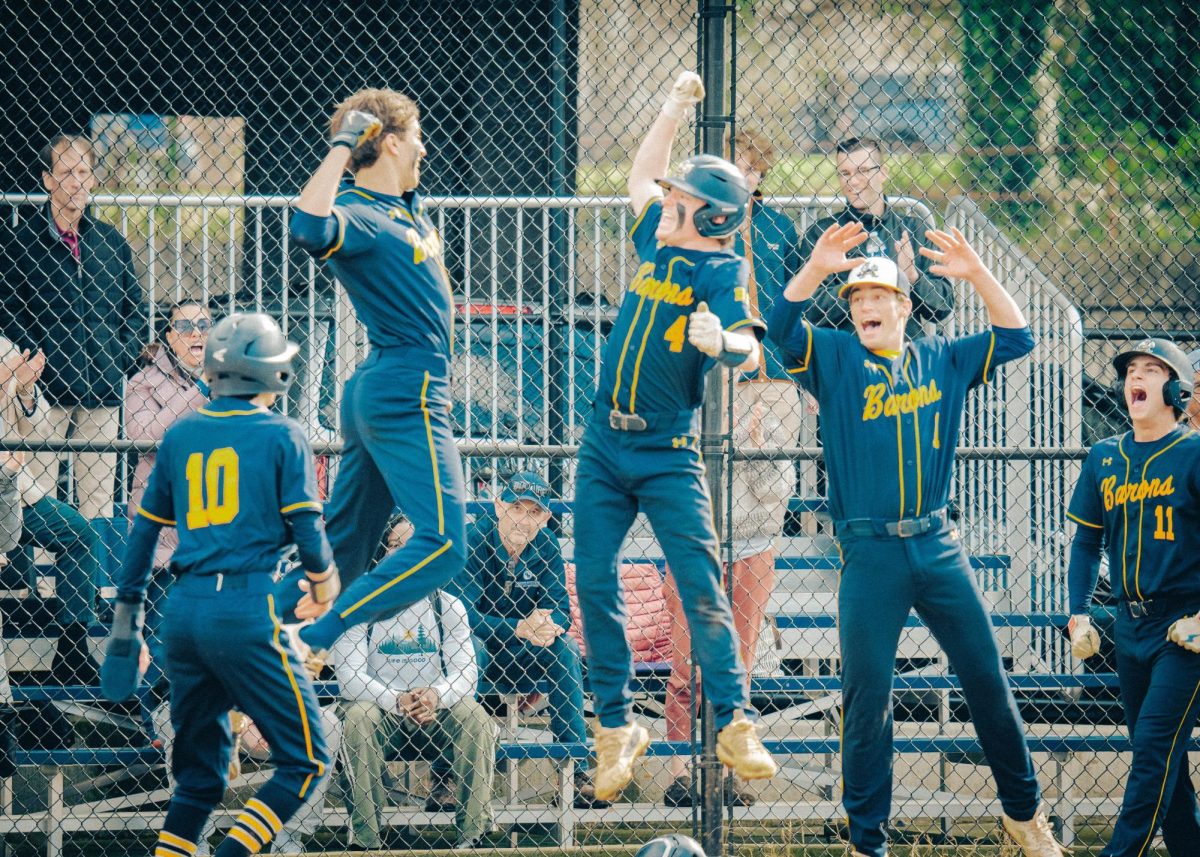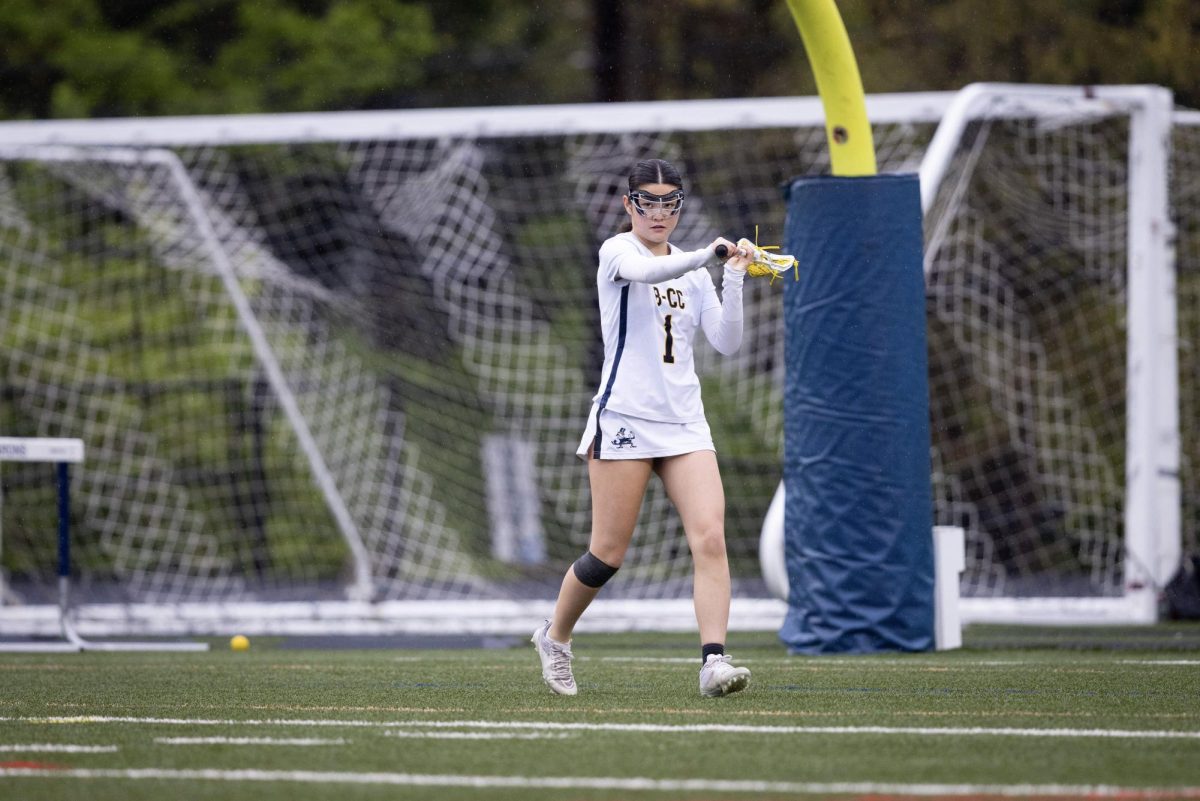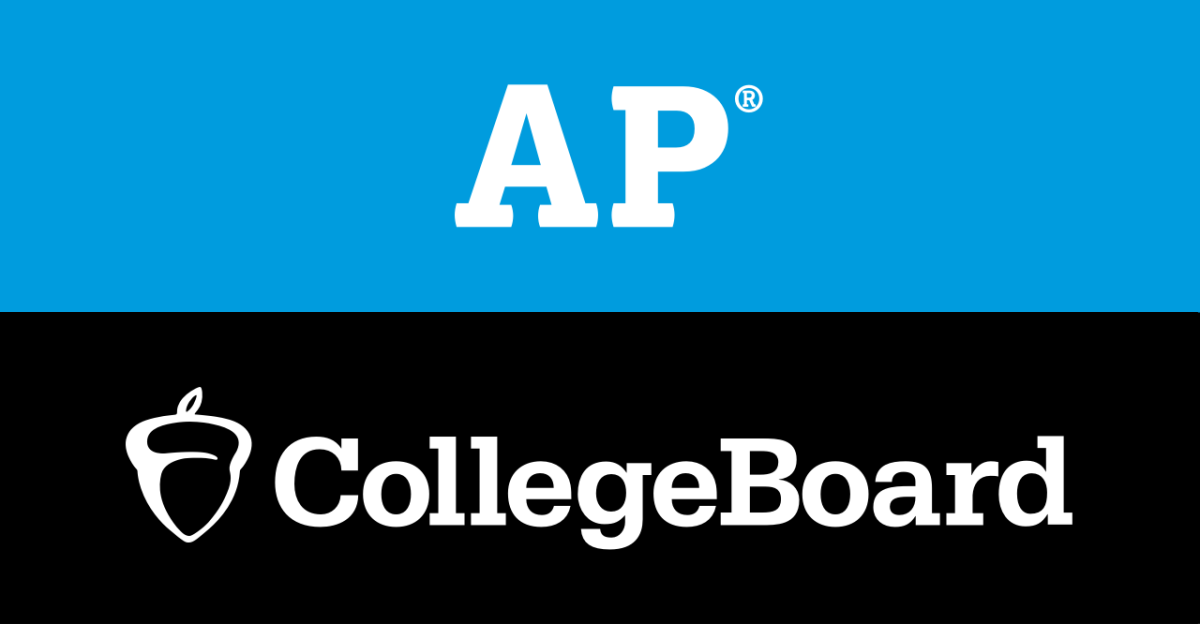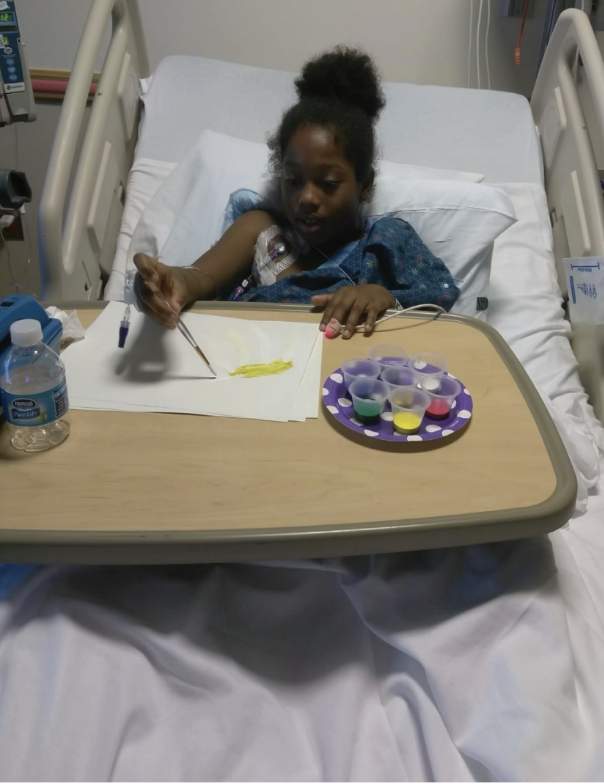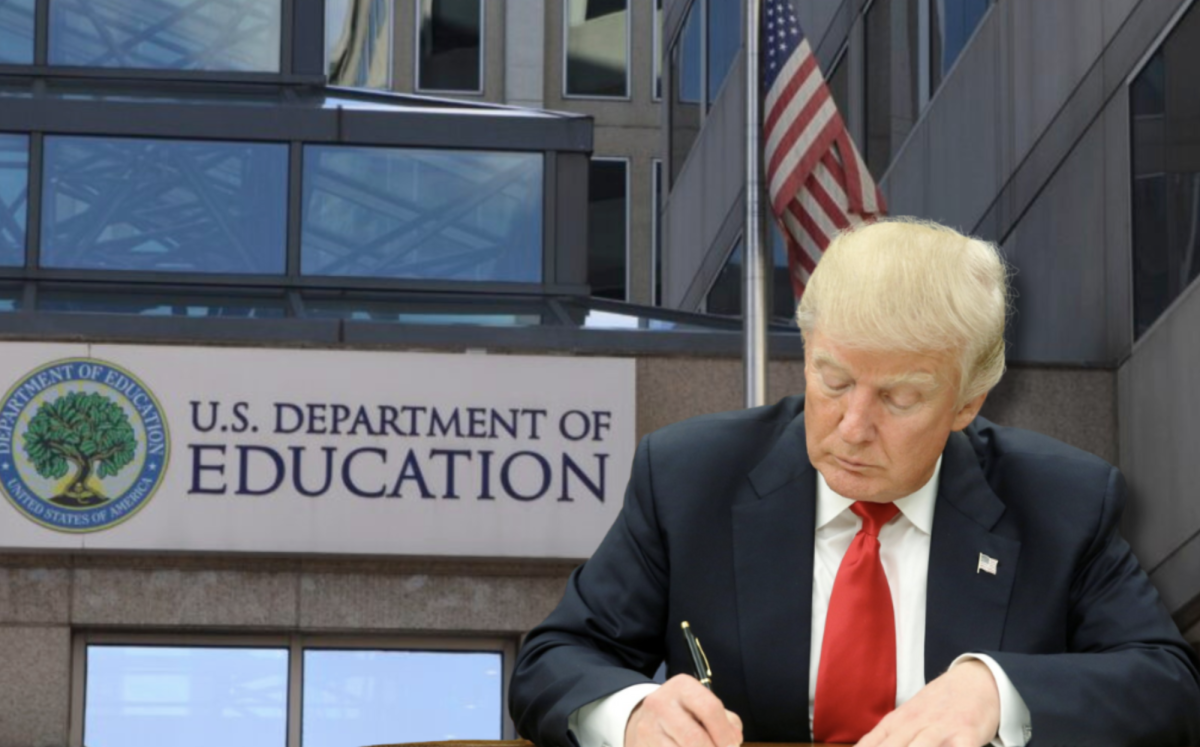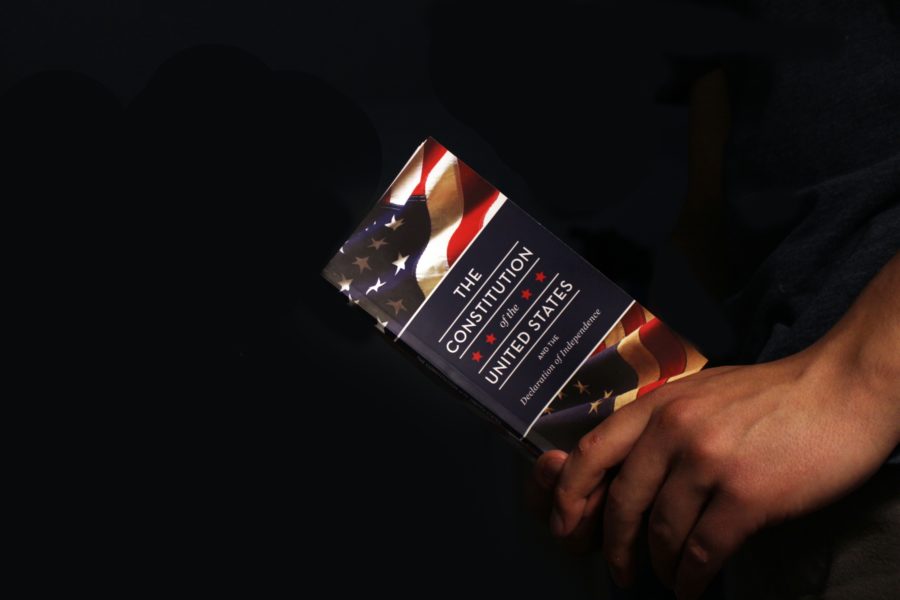Let there be Testing
June 15, 2023
A sharp decline in students’ knowledge of U.S. history was clear in recently released national test scores by The New York Times. 13 percent of eighth graders were considered proficient, down from 18 percent nearly a decade ago. With the obstacle of learning throughout COVID-19 and students quickly approaching voting age, I encourage the rest of the country should follow in the footsteps of Maryland’s testing requirements.
In an era marked by globalization, interconnectedness, and a rapidly changing world, it is crucial to equip high school students with a comprehensive understanding of social studies. While subjects like math and science often take precedence, the significance of social studies should not be underestimated. With clear benefits for students, educators, and society as a whole, we must take steps to prevent any further dips in historical knowledge. To ensure that students receive a well-rounded education, the implementation of mandatory state-run social studies testing for high schoolers is essential.
A Maryland graduation requirement that students must fulfill is the completion of a social studies test in middle school. We know this as the Maryland Comprehensive Assessment Program, or MCAP, which is typically administered to eighth graders to test U.S. history knowledge. Although some students may see it as another dreadful and irritating formality, this mandatory social studies testing helps level the playing field in terms of civic awareness and engagement.
AP United States History teacher Dr. Hogewood is all for “social studies standards and kids taking more social studies classes.” He elaborated that “Any history, but U.S. history in particular, teaches students how to understand the situation our country is in right now,” while also educating them on how to “make a change when they are unhappy with things in our system.”
The impacts described by Dr. Hogewood are evident in former AP NSL Government students. Senior Adam Lederman was a first-time voter in the 2022 midterm elections last fall. He reflected that taking AP Government earlier in high school “taught me how to understand the impacts of ballot issues for local and statewide elections.”
B-CC Class of 2021 graduate Rachel Lonker shared similar remarks: “I think taking AP Gov definitely prepared me to vote in the midterms in a way because I knew more about the voting process and the importance of voting, so I felt more informed.”
The civic duty to vote is, as Lonker said, of the utmost importance. Although our democracy is meant to be fairly representative, civic engagement still differs across demographics. Research carried out by Columbia University surveyed 8,000 Americans between 2018-2020. They found that “the least-informed voters were young, low-income minority women.” Furthermore, “The average minority female voter age 47 or less with a below-median income had a 30% probability of knowing a typical news story. By contrast, the average white male voter age 48 or older with an above-median income had a 44% probability of knowing the same story.” Education is the great equalizer. It will hopefully decrease differences in political awareness, as the testing will force schools to teach social studies to all students at a certain standard.
Testing encourages students to learn about different political ideologies, analyze policy issues, and understand the consequences of their choices. In turn, this cultivates a generation of voters who can make informed decisions based on a sound understanding of history, economics, and government. The ability to critically evaluate political information, discern fact from fiction, and engage in civil discourse is crucial in a democratic society. Rampant polarization and demographic differences in voter turnout make the issue all the more pressing. In order to nurture a better-informed citizenry, we as a country must take steps to ensure students understand the world around them.
While issues concerning education are to be decided on a state-by-state basis, it is in the best interest of representation and democracy to implement measures like mandatory social studies testing.



